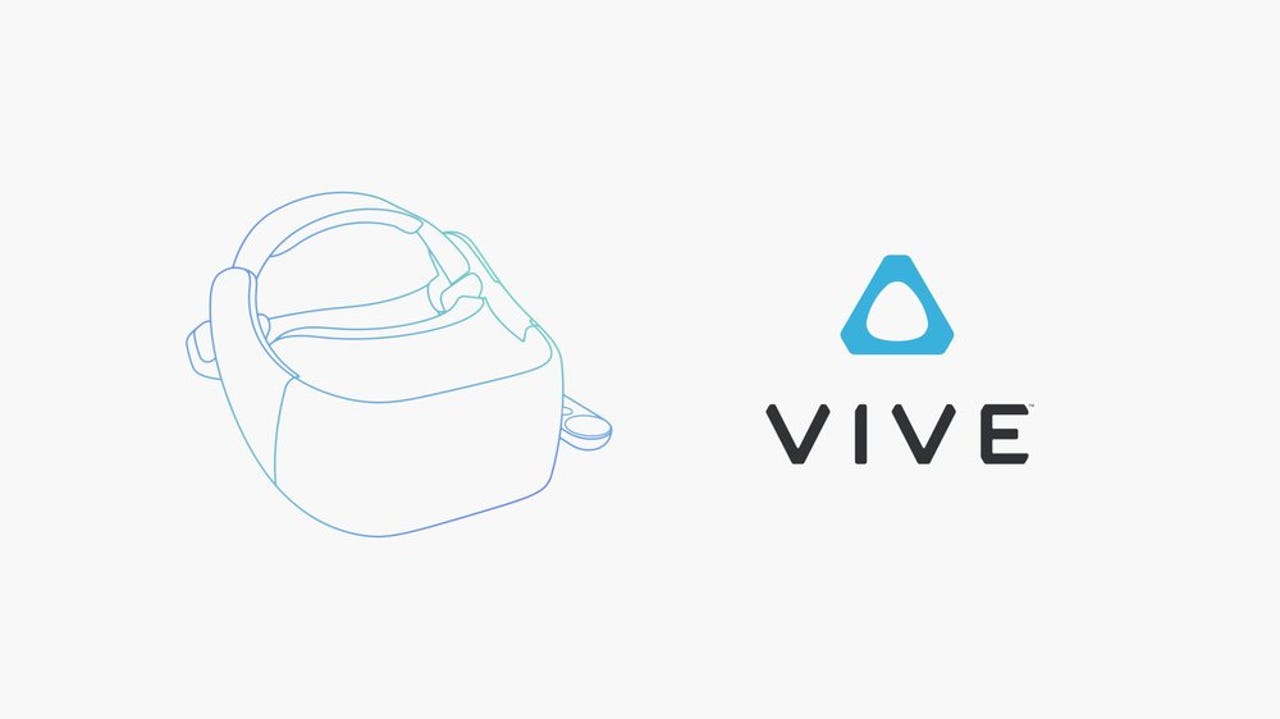Google unveils standalone VR headsets with Daydream


A mockup of the VIVE standalone headset with Daydream.
Google made a few key announcements surrounding its virtual and augmented reality efforts. Most notably, Daydream, Google's VR platform, will soon support a new category of standalone VR headsets with partners HTC and Lenovo. These headsets will be coming sometime later this year.
What's more, these headsets will come with new WorldSense positional tracking, which lets the headset track your movements in space. Google said it's working with Qualcomm on this technology and noted that WorldSense allows positional tracking without the need to install any external sensors.
"These devices build on what's already great about smartphone-based VR, and make the experience even easier and more comfortable with WorldSense," Google explained.
Daydream was unveiled last year with the Pixel and has expanded out to a handful of other devices like the Moto Z. Google's augmented reality platform, Tango, has been up until this point available on a limited number of phones -- namely, the Lenovo Phab 2 Pro and Asus ZenFone AR.
Meanwhile, Google has been steadily building up its collection of tools for creating VR content. The company recently acquired Owlchemy Labs, maker of the award-winning game Job Simulator. Google also acquired Tilt Brush and released Google Earth for VR. Yet none of these apps -- Google Earth, Tilt Brush, or Job Simulator -- are available with the Daydream headset. Instead, they released on the Oculus Rift and HTC Vive.
Google unveiled today a new visual positioning service (VPS) that lets you map indoor locations so devices can understand their location in real time, using Tango.
"We think VPS will be powerful in a variety of scenarios," wrote Google in a blog post. "For instance, imagine how precise location enabled by VPS, combined with audio interfaces, could help visually-impaired people navigate through the world."
Google also announced that Expeditions VR, the platform that lets students take virtual "field trips," will roll out to some schools through a Pioneer program this fall.